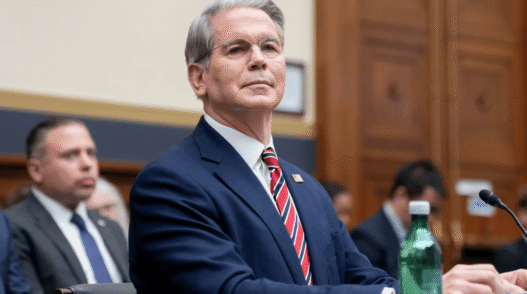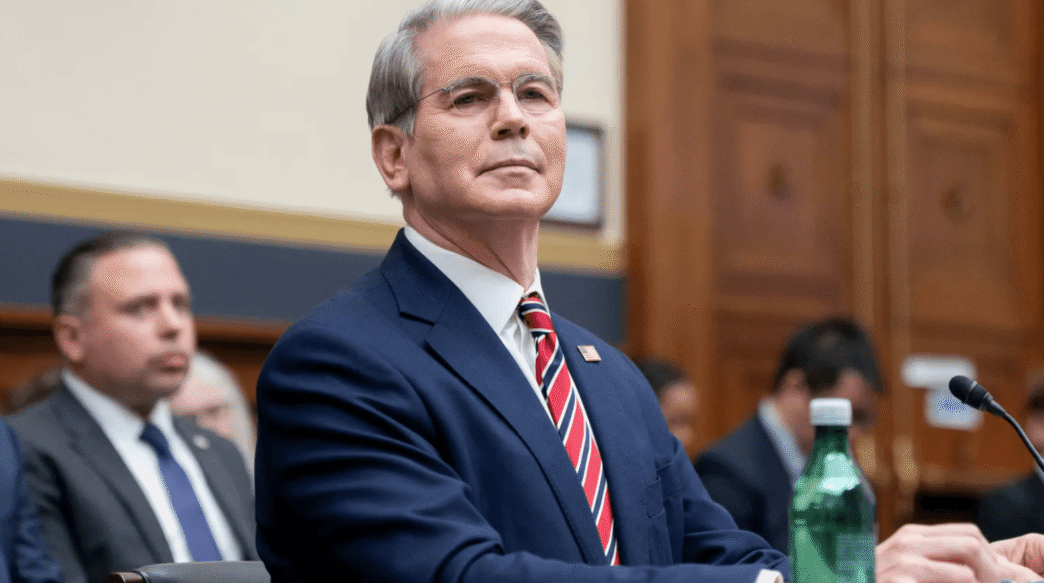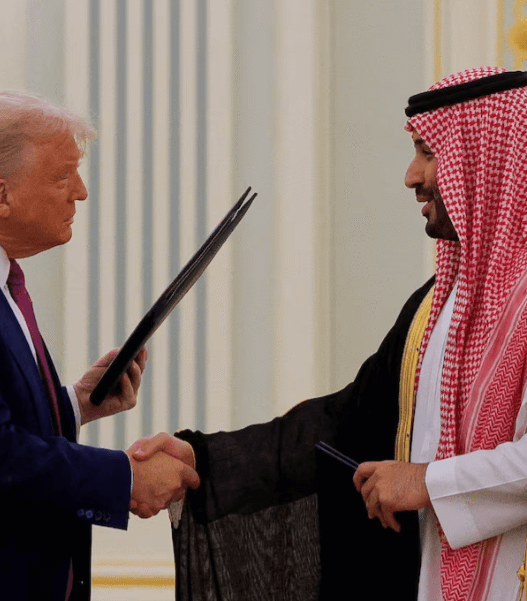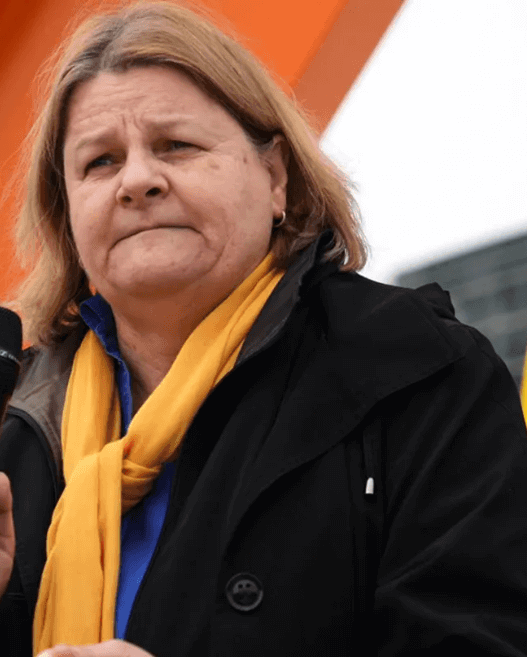The White House announced on Sunday that the United States has reached a trade agreement with China, though it has yet to release specific terms. The announcement followed a weekend of high-level negotiations between U.S. and Chinese officials in Geneva.
While details of the deal remain unclear, the development could signal a pause in the escalating trade conflict that has unsettled global markets since President Donald Trump imposed steep tariffs on Chinese goods on April 2.
Treasury Secretary Scott Bessent described the weekend talks as “productive” and said they resulted in “a great deal” of progress. He noted that a full briefing would be provided Monday morning.
Bessent added that both he and U.S. Trade Representative Jamieson Greer spoke with President Trump on Saturday night and that the president is “fully informed” on the matter.
Greer also addressed the media on Sunday, confirming that a deal of some kind had been reached, though he did not offer specifics. He characterized the discussions as “very constructive.”
“We came to an agreement rather quickly, which suggests the differences may not have been as significant as previously thought,” said Greer. “We believe this agreement will help address the ongoing national emergency.”
Chinese officials also struck a positive tone. Vice Premier He Lifeng described the talks as making “substantial progress” and said the two nations had reached “important consensus.”
According to Lifeng, the U.S. and China agreed to establish a consultation mechanism to handle trade and economic matters going forward.
China’s International Trade Representative Li Chenggang hinted that an official statement with more details would be issued soon. “As we say in China, if the dishes are delicious, timing is not a matter,” he remarked. “Whenever it’s released, this will be big news—and good news—for the world.”
The Geneva meetings came amid global economic uncertainty driven by the U.S.-China trade war. The conflict intensified after Trump imposed a 145% tariff on Chinese imports, prompting Beijing to retaliate with a 125% tariff on American goods.
These tit-for-tat tariffs have disrupted financial markets and raised concerns about higher prices and reduced availability of goods for consumers.
President Trump commented positively on the negotiations via a Truth Social post on Saturday, calling the first day of discussions “very good.”
“Many things discussed, much agreed to,” he wrote. “A total reset negotiated in a friendly, but constructive, manner.”
Bessent confirmed that he and Greer met not only with China’s vice premier but also with two vice ministers, who he said were “integrally involved” in the talks.





















